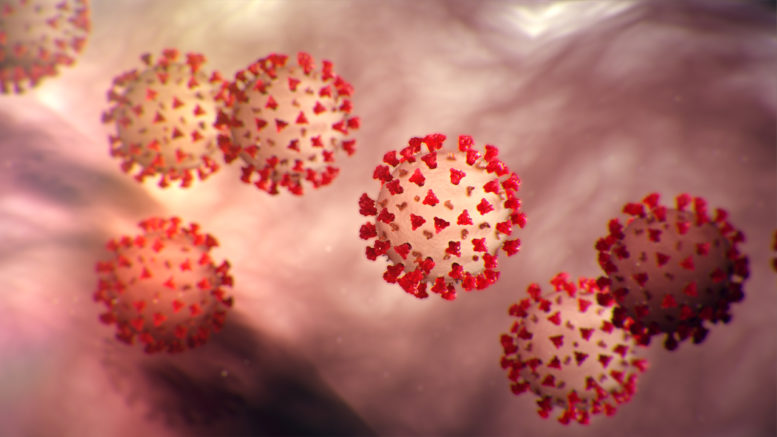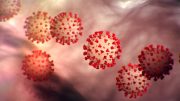Coronavirus outbreak is causing hysteria aimed at Asian Americans
By Janice O’Malley Galizio
It was 1982, and Vincent Chin was celebrating his upcoming wedding with friends in Detroit, when he was approached by Ronald Ebens and his stepson, Michael Nitz.
Nitz had recently been laid off as an autoworker, and Japan’s success was rising in the auto industry. Assuming Chin was of Japanese descent, Nitz brutally murdered him. Both Eben and Nitz pleaded guilty to manslaughter and were ordered to serve a mere three years on probation and pay a $3,000 fine, serving no jail time.
OCA—Asian Pacific American Advocates—was founded in 1975 to build a coalition of Chinese Americans who’d had enough of being subjected to unwarranted discrimination and race-based violence.
The memory of Vincent Chin continues to haunt the Asian-American community today as we witness the panic and hysteria of some in response to the coronavirus outbreak.
The spread of coronavirus has resulted in pervasive fear, misinformation and conspiracy theories. Unfortunately, it is Asian-Pacific Americans who are the primary targets of this anxiety and paranoia. The uncertainty surrounding the disease, how it is spread and the lack of a vaccine are legitimately concerning, but the hysteria and hate-mongering are indefensible and dangerous.
Fortunately, as of early March, Sacramento law enforcement agencies have not yet received reports of hate crimes. However, many community members believe that fear has led to decrease in customers at Asian food establishments and Asian-owned businesses.
On March 4, OCA–Asian Pacific American Advocates Sacramento held a forum at Sacramento State University featuring Mayor Darrell Steinberg, state Sen. Richard Pan, medical professionals and law enforcement officers. Its purpose was to provide the Asian Pacific American community with valuable information to calm fears and address concerns over potential hate crimes. Among the recommendations from the panel:
Quit spreading fake news. Obtain information from trusted sources such as the federal Centers for Disease Control and Prevention or the California Department of Public Health. This disease does not discriminate, and Asians are no more likely to contract the virus than any other racial or ethnic group.
Practice safe hygiene. Wash your hands for at least 20 seconds if your hands are dirty or you have touched your eyes, mouth, or nose. Cover your mouth when you cough and sneeze. And stay home if you’re sick.
Live your life. We know that for most healthy people, coronavirus results in mild symptoms. Continue to frequent your favorite Asian restaurant and shop at your local Asian market.
Know your rights. As we see a rise in racist incidents, understand that a hate crime typically involves violence motivated by prejudice based on race, religion, sexual orientation or other grounds. Promptly report any hate crimes to local law enforcement.

Other organizations such as the Council on American-Islamic Relations and Asian Americans Advancing Justice offer free legal counsel. If you’re not comfortable with approaching law enforcement, you can access aapihatecrimes.org to report the crime and someone from OCA will help connect you to the proper resources.
Pan reminded those who attended the forum that “people need to understand that we need people to come together and support each other, and if someone has symptoms that might indicate they may have this disease, we want people to come forward.”
As the virus continues to spread, we can all take proactive measures to stay healthy and safe—and take the time to be civil and respectful to our neighbors and fellow Sacramentans.






Be the first to comment on "Essay: Fear and hate also spread"